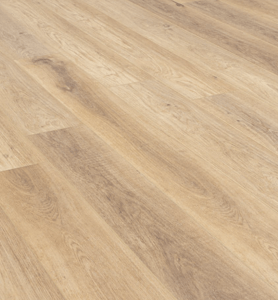Bamboo likely isn’t the first option to come to mind when talking about making a hardwood floor installation, but it’s becoming more and more popular as time goes on. One impeding factor may be the increasing amount of false information surrounding it compared to other hardwood flooring products. Here’s a chance to clear the air.
Wood Isn’t Soft
If we rewind a decade, bamboo was certainly a lot more vulnerable, like many different types of wood. That was the source of this myth today. In the past, dents and scratches could have posed a problem, but manufacturing techniques have developed to help make things more resilient and durable. Combine that with new techniques like strand-woven manufacturing, and bamboo has actually overtaken other hardwoods in terms of toughness.

Modern bamboo floors are just as tough as other options.
Formaldehyde Is Not A Problem
Not wanting a dangerous chemical in your home or around your family is important, and some people are wary of using bamboo in their homes due to the perception that formaldehyde is present. In high concentrations, this is dangerous, but manufacturers keep to stringent emission standards to ensure bamboo has safe levels. Your bamboo floor has as much formaldehyde as in natural scenarios, like in an apple.
Expanding and Contracting Issues
Can bamboo expand and contract in extreme temperatures? Yes, and that is an issue that could potentially cause long-term damage. However, you could say the same for just about any other type of hardwood, especially in overly humid or arid climates. It’s essential that you avoid this by letting the bamboo acclimate to your home before installation. After installation, keep humidity low to avoid excess moisture. Aside from that, bamboo is not a high-maintenance wood to have in your home.
Working with a flooring professional like the experts at T & G Flooring is a key asset when it comes to helping you with bamboo floors in Denver.

